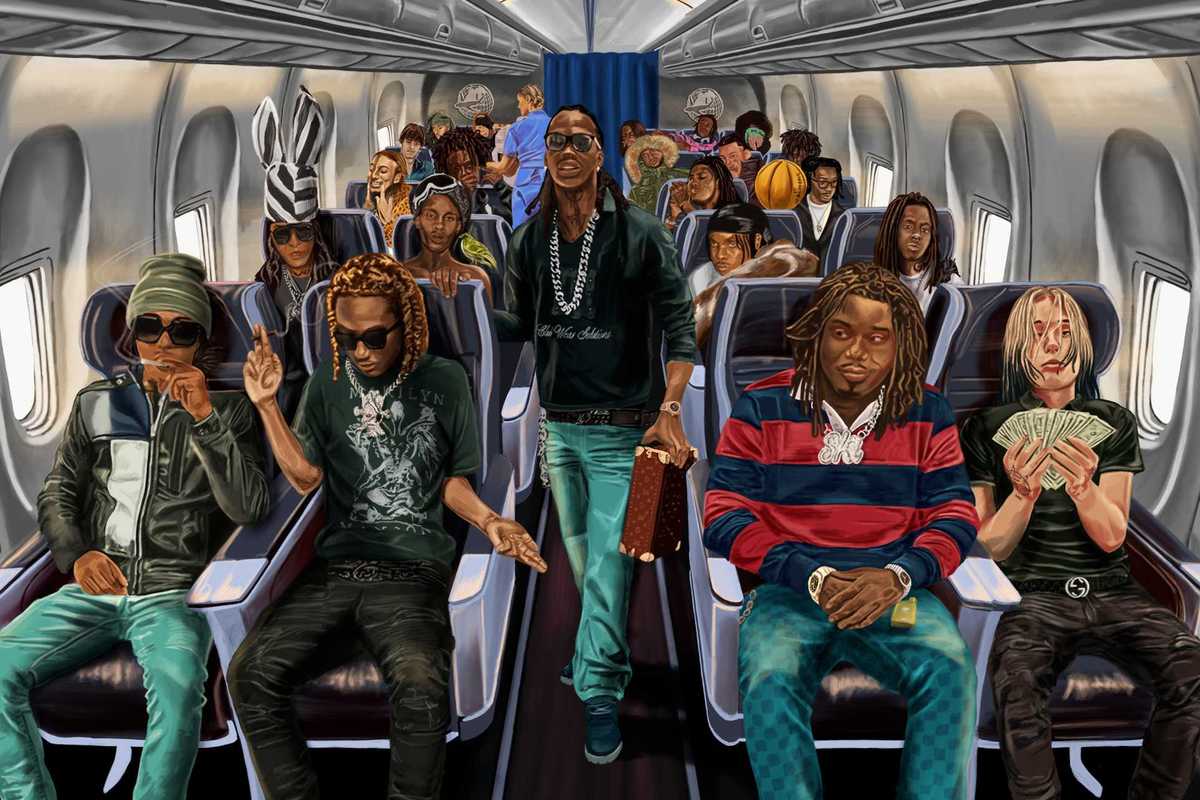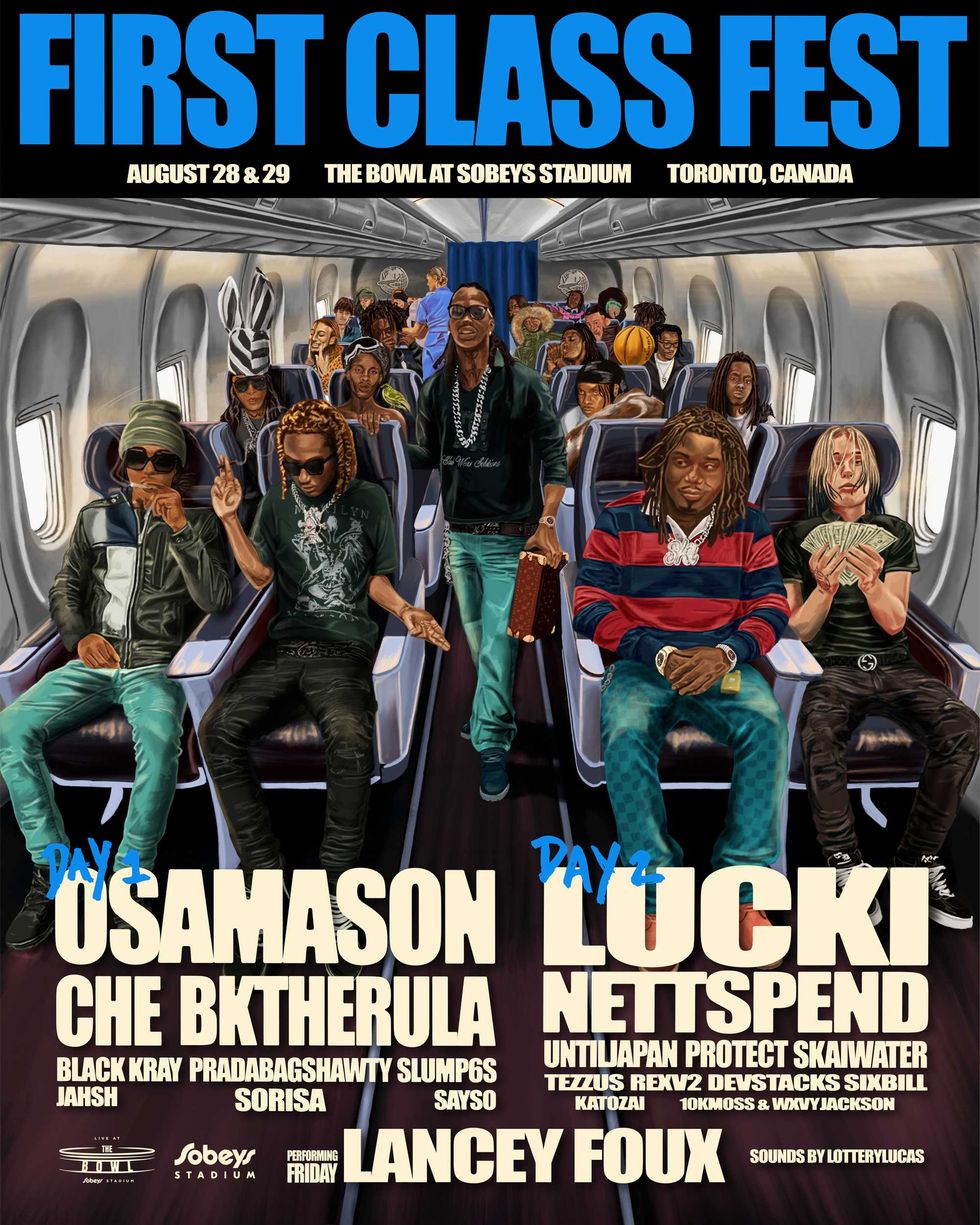Musician Duncan Fremlin Details Perils In Booking Shows
Toronto musician, bandleader, and real estate broker Duncan Fremlin articulates the frustration faced by many creative souls who are being financially pushed against the wall at a time when the major labels are earning record ROIs, global concert promoters are selling more tickets at higher prices than ever before, and music streaming services are generating billions of dollars annually.

By External Source
The following was posted to Facebook this week by Toronto musician, bandleader, and real estate broker Duncan Fremlin. It follows an earlier posting by Danny Michel and addresses the falling incomes of musicians.
His experiences are the experiences of many creative souls who are being pushed against the wall financially at a time when the major labels are earning record ROIs, global concert promoters are selling more tickets at higher prices than ever before, and music streaming services are generating billions of dollars annually.
Perils of booking shows in 2018
Recently there have been a couple of Facebook posts about the diminishing royalties distributed by SOCAN (and similar organizations) to songwriters. These critiques were written by singer/songwriters Danny Michel and Murray Foster and have since gone viral. Murray’s post triggered an invitation from the CBC's Metro Morning (Matt Galloway) for an on-air interview. In short, most of the revenue we dole out each month to Spotify and Apple goes into the bank accounts of the record labels. What’s left, and it’s a tiny percentage, is paid to the creators of the music they play. It stinks, but there it is.
There is a flip side to this story that impacts many more musicians. The competition for ticket sale revenue has never been so intense. The majority of musicians have never had a hit record so have never relied on royalties to pay the bills. These are touring musicians, like those in my band Whiskey Jack, who rely on the few fans who enjoy and support live music by buying tickets to their shows.
On every level of the music business, to make up for the reduced royalty checks, performers are touring more. This is true of the Fleetwood Macs and the Valdys of the world and this has put a strain on the theatres and halls that host these shows. Add to this the nostalgic craze that fuels the ubiquitous tribute shows flooding the market, and you end up with “knock ‘em down fights” between promoters, entertainers and theatre directors, all clamouring for the prime dates, the Fridays and Saturdays that we all covet.
Since I began touring with my show Stories & Songs of Stompin’ Tom, I’ve learned how to recognize the conflicting interests between these parties and how to manage them. I earn a fee for my show in three different ways. Ideally, and this pertains to most of my shows, I simply sell my show to a theatre. The artistic director and I negotiate a fee, I help them promote the show, they manage and sell the tickets, we play the show, and we go home. Clean and simple.
Another option, also very clean and simple, is a promoter produces a show, books a theatre, negotiates a fee with me, promotes and sells the tickets and again, we play our show, get paid and go home.
The third option is much riskier, more work and fraught with peril. It’s a self-produced show. I'll sometimes book a theatre and promote a show myself if I think there’s a community where it would be very popular and no one is stepping up to buy it.
This is when it gets tricky and I have to watch my back to make sure I’m not being used and abused. A good example is a show I produced in 2017. It was a prestigious theatre in a large Ontario city. A date was set one year in advance. The theatre director wanted to buy my show and produce it himself, but he was worried it might be perceived to be a “tribute” show (which it most certainly is not). He told me that two of his best customers were promotors who each year booked numerous "tribute" shows in his theatre. They threatened to take their business elsewhere if they thought his theatre was competing with them by hosting his own tribute show. He did offer to include my show in the flyer he distributed to all the homes in the city. That was very helpful.
Then I had to concern myself with the type of shows being booked on either side of my date. I wouldn’t want to have to share an audience with a Johnny Cash tribute one week before my show. There is only so much disposable income to go around and the fans, many of them retirees on fixed incomes, might not have the money to attend both shows. Another danger would be if the theatre had a show of their own that might appeal to my audience. A Good Brothers show, for example, would draw the same demographic as mine so it’s only natural that the theatre would devote their energies to selling those tickets over mine. If a big production company had a show booked on either side of my scheduled date, they could use their substantial resources by smothering the market with online advertising, blanket the city with posters and potentially erode my ticket sales. I’ve also seen these production companies intentionally book a similar show after they saw my show advertised, again, with the idea of maintaining their grip on a specific audience.
Some theatres have a distinct advantage. They have an enormous email list of previous customers, what shows they attended in the past, how often they buy tickets and how much they are willing to spend.
What I wouldn't give for that list.
When they pay me to bring my show to their theatre, this data allows them to anticipate how many tickets they can sell. If I buy the theatre space and time, they sometimes offer, for a sizeable fee, to send out an email blast to these fans. If I agree, I don’t get a copy of this list so I can’t actually send it out myself. They do it for me. At least, I have to trust they do it for me. If my ticket sales jump after this blast, great. But often, there is no jump in sales, and I’m left wondering if it was sent.
Add to this the significant costs associated with travelling with a show and it’s clear, this isn’t a business for the faint of heart.
Performing below, as part of the show, Whiskey Jack Presents Stories & Songs of Stompin' Tom: Duncan Fremlin - Lead vocal and guitar - Douglas John Cameron; Banjo - Duncan Fremlin; vocal - Jen Cook; Fiddle - Randy Morrison; Drums - Al Cross; Bass - Eric Jackson.


















